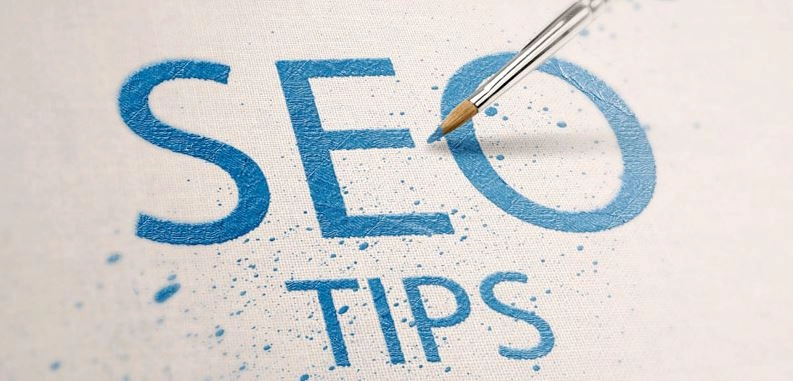Being at the top of Google search results attracts new customers to your business. Solid SEO strategy is a valuable investment split into on-page and off-page techniques.
On-page SEO optimises website or digital media in order to rank much higher and earn more relevant traffic in search engines like Google, Yahoo, and Bing. Off-page SEO promotes brand around the web and uses to improve a website’s position on a search engine results page (SERP). This includes link building, blogging, website design, social bookmarking, and more.
On-Page SEO Checklist
Title Tags:
- Use targeted keywords in each page’s title tag
- Keep title tags between 55 and 60 characters
- Avoid keyword stuffing and include the brand name separated by pipe bar (|)
Headings (H1):
- Use target keywords in headings to accurately reflecting page content
- Limit H1 to one per page and use H2 or H3 for other headers
URL Structure:
- Include keywords in URLs if possible, but avoid overdoing it
- Label directories and folders logically
- Keep URLs short and avoid repeating keywords
Alt Text for Images:
- Write descriptive alt text for each image (between eight and 10 words)
- Include relevant targeted keywords and geo-locator if appropriate
- Helps with accessibility and image search rankings
Fast-Loading Pages:
- Optimise page load speed for better user experience and higher rankings
- Use PageSpeed Insights tool to analyse and optimise
- Minimise HTTP requests, server response time, enable caching and compression, as well as prioritise above-the-fold content loading.
Off-Page SEO Checklist
If you want to improve your off-page SEO, there are a couple of factors that play into your website’s ranking. Although each factor has a different strategy, they all share a common goal of building your website’s trust and reputation externally. Here are some key elements to consider.
Inbound Links
The quality and number of links to your website from other domains is the biggest off-page SEO factor. To build links, you can create content that people want to link to, generate social media shares that result in links, reach out to influencers in your industry to link back to your site, or guest blog on related sites with links back to your site.
Social Media Marketing
Sharing your content on your social media platforms can generate traffic to your website and lead to backlinks from other users who find your content valuable.

Guest Blogging And Guest Posting
By writing guest posts for other websites in your industry, you can get backlinks to your website while also establishing yourself as a thought leader in your field.
While link quantity used to be the most important factor in off-page SEO, link quality is now more critical. Therefore, creating valuable and shareable content is the first step in earning high-quality links and improving your off-page SEO.
The number of links you need to achieve good off-page SEO depends on the domain authority of your competitors. It’s also essential to avoid buying links or submitting your links to directories solely for the purpose of increasing your domain authority, as these tactics can lead to penalties from search engines. Ultimately, quality trumps quantity when it comes to link building.



